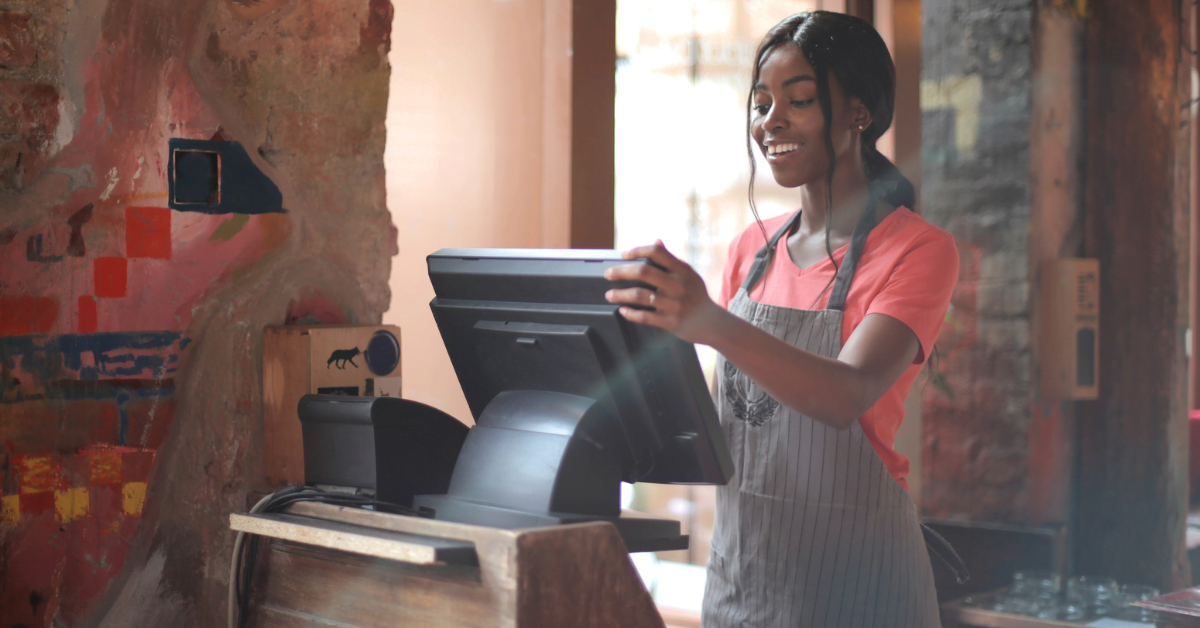Remember when Vine was all the rage? Or dabbling in the world of Musical.ly? Or how about when we all thought Snapchat was the future of social media? Well, move over, because there’s a new app in town that’s taking the digital world by storm: TikTok.
Unless you’ve been living under a rock, you’ve probably heard of it. It’s the app that’s taken the world by storm, with over 1 billion active users worldwide. But what is TikTok, and how is it changing digital culture? In this post, we’ll dive into the world of TikTok and explore its impact on our digital lives.
First, let’s start with the basics. TikTok is a social media app that allows users to create and share short videos, usually set to music. It’s a platform for creative expression, with users showcasing their talents in dance, music, comedy, and more. But what sets TikTok apart from other social media apps is its algorithm. The app uses machine learning to personalise the content that each user sees on their “For You” page, based on their viewing history and interactions. This means that even if you have no followers, your video could go viral if it resonates with the algorithm and gets picked up by the right audience.
So, what impact has TikTok had on digital culture? For one, it’s changed the way we consume and create content. With the rise of short-form video content, attention spans have shortened, and users are looking for quick and engaging content to fill their free time. TikTok has tapped into this trend, with videos lasting just 15-60 seconds, making it the perfect app for a quick break or procrastination session.
TikTok has also disrupted the traditional entertainment industry. With its user-generated content and democratised platform, TikTok has created a new breed of influencers and celebrities. These are individuals who have built their followings on the app, rather than through traditional media channels like TV or radio. This has forced traditional media companies to adapt and find new ways to engage with audiences.
But TikTok isn’t all fun and games. The app has faced criticism for its handling of user data and concerns around privacy. And as with any social media platform, there’s always the risk of harmful content going viral or being spread. However, TikTok has taken steps to address these concerns, including partnering with third-party fact-checkers and implementing content moderation policies.
Despite these challenges, TikTok has undoubtedly had a significant impact on digital culture. It’s changed the way we consume and create content, disrupted traditional media channels, and created a new generation of influencers and celebrities. So, whether you love it or hate it, there’s no denying that TikTok is here to stay. The clock is ticking, and it’s time to embrace the app and all the creative potential it holds. Who knows, maybe you’ll be the next TikTok sensation?





